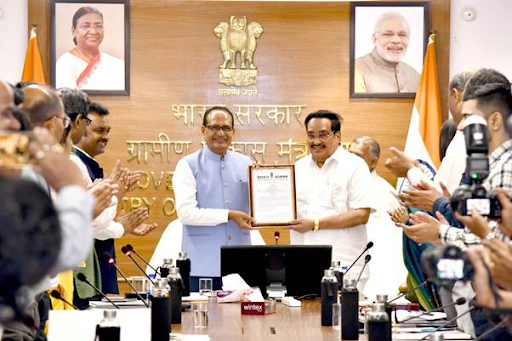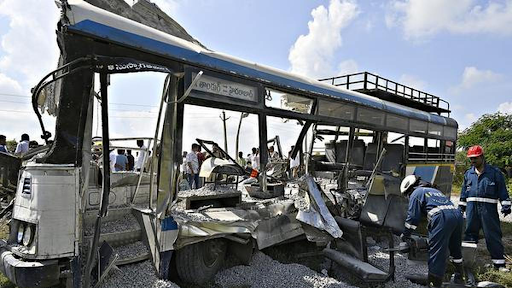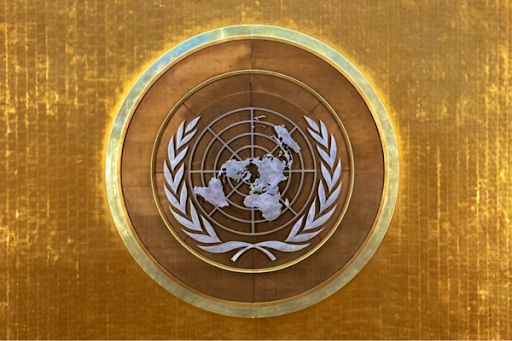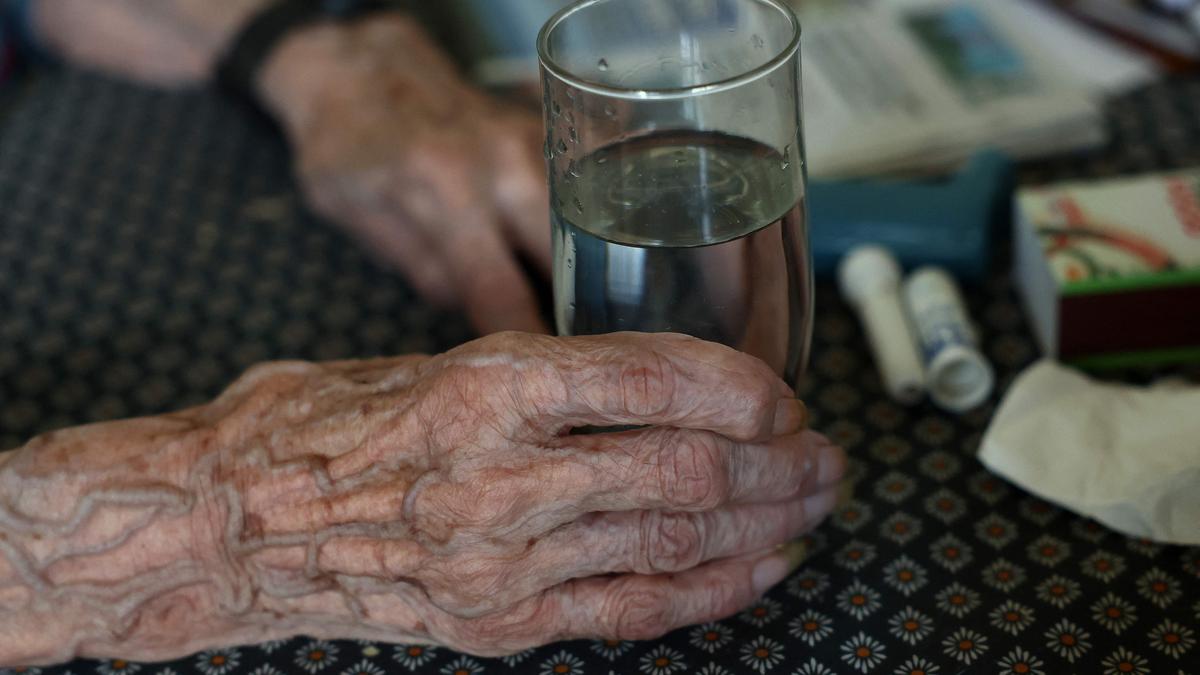



The National Initiative on Water Security under MGNREGA mandates fund allocation by groundwater stress, institutionalizing rainwater harvesting and recharge. It provides rural employment, durable assets, women’s empowerment, climate resilience, and mission synergy, fostering sustainable livelihoods and ensuring a water-secure future for India.

Copyright infringement not intended
Picture Courtesy: PIB
The Union Government has launched the National Initiative on Water Security under the Mahatma Gandhi National Rural Employment Guarantee Act (MGNREGA) 2005.
Statutory Backing: Implemented through an amendment to Schedule I of MGNREGA, 2005 under Section 29(1).
Objective: Address depleting groundwater, rejuvenate rivers, and ensure sustainable water management in rural areas.
Fund Allocation Mandates (from ₹88,000 crore annual MGNREGA budget 2025–26):
Data Source: Dynamic Ground Water Resources Assessment Report (2024) by the Central Ground Water Board (CGWB).
Block Classification (all-India):
Structural Works: Check dams, farm ponds, percolation tanks, soak wells, groundwater recharge pits, watershed management.
Rejuvenation: Desilting and renovation of traditional water bodies.
Agricultural Support: Irrigation channels, community tanks.
Ecological Works: Afforestation, plantation for water retention.
World’s largest social welfare program for rural employment + natural resource management.
Created 1.25 crore+ water conservation assets (farm ponds, check dams, tanks).
Mission Amrit Sarovar: 68,000+ reservoirs rejuvenated/constructed in phase one.
Significant reduction in rural water stress, improved irrigation, and local groundwater recharge.
Water Security: Institutionalises groundwater recharge & rainwater harvesting.
Targeted Approach: Ensures resources flow to high-stress zones (over-exploited & semi-critical blocks).
Rural Livelihoods: Provides employment + enhances agricultural productivity.
Women Empowerment: Women form over 50% of MGNREGA workforce → aligns with SDG 5 (Gender Equality).
Climate Resilience: Builds adaptation capacity against droughts, erratic monsoons, and floods.
Synergy with National Missions: Complements Jal Jeevan Mission, Atal Bhujal Yojana, Catch the Rain Campaign, Amrit Sarovar, and Doubling Farmers’ Income.
Implementation Gaps: Past water works under MGNREGA suffered from poor quality and lack of maintenance.
Monitoring Capacity: Groundwater recharge impacts are long-term and hard to measure.
Regional Inequities: Blocks differ in rainfall, geology, and groundwater potential—uniform allocation norms may not suit all.
Corruption & Leakages: Local-level fund misuse may dilute effectiveness.
Integration with States: States’ varying priorities in MGNREGA spending could clash with central mandates.
Robust Monitoring: Use of Geographical Information System (GIS) mapping, remote sensing, and IoT-based water meters to track outcomes.
Community Participation: Strengthen Gram Sabha role in water asset planning & maintenance.
Convergence with Agriculture Schemes: Link water security planning with Pradhan Mantri Krishi Sinchayee Yojana (PMKSY), Soil Health Mission, and Farmer Producer Organisation (FPO) programs.
Capacity Building: Train rural workers & panchayats in sustainable watershed and aquifer management.
Periodic Impact Evaluation: Independent audits to assess groundwater improvement & livelihood benefits.
Source: PIB
|
PRACTICE QUESTION Q. Critically analyze the National Initiative on Water Security under MGNREGA in addressing India’s groundwater crisis. 150 words |
The core objective is to institutionalize water conservation as a statutory priority under MGNREGA to address groundwater depletion and ensure sustainable water management.
Any adult member (18 years or older) of a rural household who is willing to do unskilled manual work can apply. An applicant must be a citizen of India and a resident of the local Gram Panchayat. The household is issued a single Job Card, which entitles all registered adult members to work.
A Social Audit is a mandatory process for public vigilance and accountability under MGNREGA. It involves a review by the Gram Sabha of all aspects of the scheme's implementation, including expenditure, quality of work, and adherence to rules. The purpose is to ensure transparency and give people a platform to raise issues.






© 2026 iasgyan. All right reserved